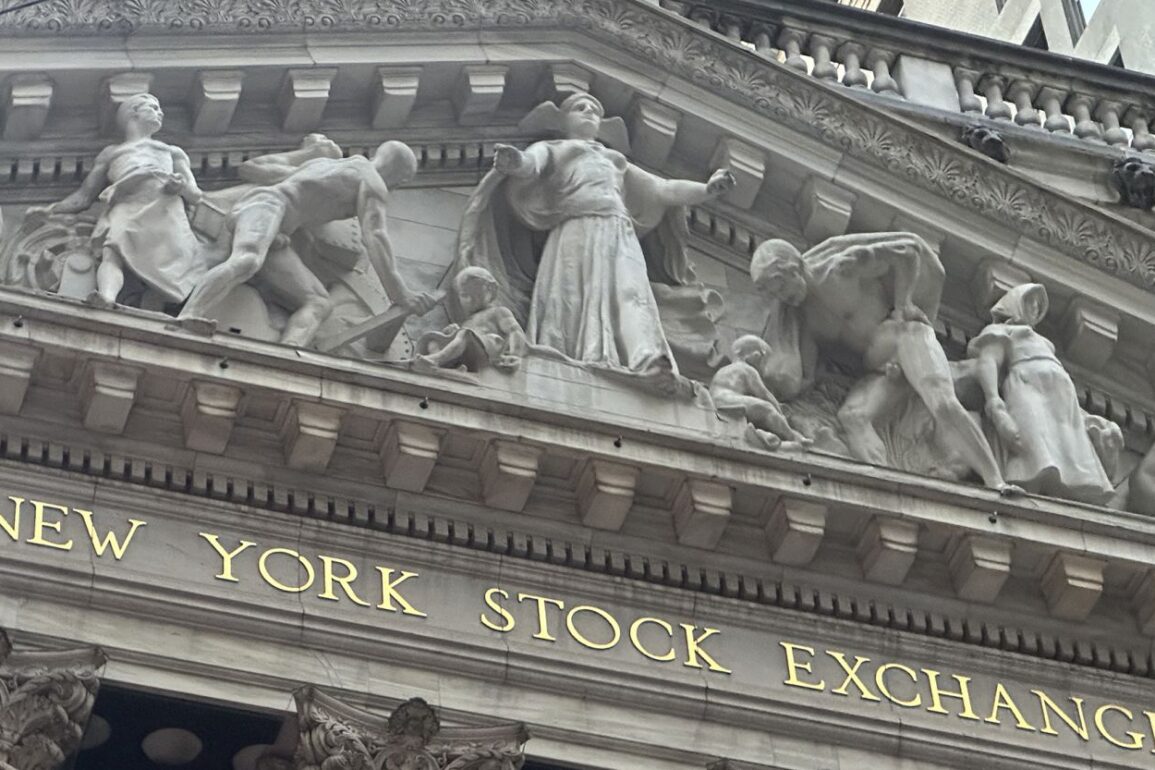- Many traders lose money due to underestimating the requisite discipline, education, and emotional regulation necessary for success.
Most rookie traders, and even a lot of seasoned ones, lose money. While it’s easy to criticize the market, the causes of failure are typically much more personal and easy to identify. Weak psychological posture, poor preparation, and a lack of discipline are the primary causes of poor results in markets.
Several studies have demonstrated that most retail traders ultimately incur losses, with a significant proportion abandoning their efforts within the initial year. But is it because trading is complex or are retail traders more prone to making big mistakes? We will look at this in more detail below and find out why.
Why Do Traders Make Losses?
Trading with Emotions and Mental Biases
Greed and fear are the two emotions that can hurt a trader the most. Traders that are led by greed tend to overleverage, hang onto positions for extended periods of time, or chase prices. Fear, on the other hand, makes them leave too soon, hesitate, or freeze up when things get volatile. Ultimately, your own mind can mess up your outcomes, even if you have a good system.
Most traders who lose allow their feelings get in the way of their rules. Traders who do well have stringent rules they stick to, including only trading at certain times of the day or with certain setups. If traders don’t follow these guidelines, they are likely to make rash choices.
Overconfidence is another landmine in trading. Being too sure of yourself is another big reason why people lose money. Some traders can get too cocky after a few successful trades and start taking on too much risk, thinking they “figured out” the market. This arrogance often causes them to lose one big position that wipes out all of their past profits.
Overtrading
If left unchecked, trading can be addictive. Some traders just don’t know when to stop and will place trade after trade if only to satisfy their demand for constant gratification. But the truth is that the more you trade, the more likely you are to pile up mistakes and the more fees or commissions you will have to pay. This can make winning positions change to losing ones.
Lack of A Defined Strategy
Some traders start trading without a clear plan. However, gut feelings and hype rarely win in the market and they won’t help you trade well. The best way to stay ahead is having a clear approach that gives you an edge every time. If you don’t have a plan, you’re not trading; you’re gambling.
Inadequate Education and Unrealistic Expectations
Many who are new to the market think that trading is a quick way to get rich. Furthermore, some people on social media create an unrealistic hype with glitzy and glamorous lifestyles supposedly funded by money from forex, equities, commodities or cryptocurrency trading. However, such stories are often far from the truth. In other words, following others without thinking is a sure way to get into trouble, especially when things are going south.
Insufficient Education and Impractical Expectations
A lot of new traders think that trading is a quick way to get rich. People on social media make it look cool, and these days, there are a lot of different ideas on what to trade and when. In other words, following others without thinking is a sure way to get into trouble, especially when things are going crazy.
Poor Risk Management
Even if you have the best trading method in the world, you will lose money if you risk too much on each trade. Even with a high win percentage, your trading account will eventually run out of money if you don’t have a good risk plan. Ideally, you should be setting stop-losses logically, not emotionally. While at it, ensure you risk no more than 1% to 2% of your capital per transaction. Finally, know when to cut your losses, close your positions and move on.
Lack of Self-Control
The link between your strategy and steady profits is discipline. Many traders damage that relationship by making rash or emotional choices. It’s one thing to have a trading strategy, but another to follow it. Nonetheless, many traders end up deviating even if they know what they should do.
Giving Up Too Soon
You will often end up with a losing record if you start trading and quit too soon. They typically abandon up after losing one or two trades, but the truth is that every good trader has failed at least once, and sometimes more than once, before they started seeing profits.
Not Looking at the Bigger Picture
Understanding the economic calendar and key fundamentals that impact the market can help you avoid unpleasant surprises. Many traders lose sight of actual events that have the potential to significantly affect price because they are overly preoccupied with patterns and indicators. These could include announcements about interest rates, earnings reports, or geopolitical developments. Traders who don’t pay attention to these often are caught off guard by sudden, major shifts.
In Summary
Many traders lose money due to underestimating the requisite discipline, education, and emotional regulation necessary for success. However, if your mind is into trading, don’t give up if you’re just starting off. While at it, its also important not to approach trading like a get-rich-quick lottery ticket. Instead, have the discipline to employ the appropriate strategies, keep your money safe, and always protect your capital.
This article was originally published on InvestingCube.com. Republishing without permission is prohibited.


